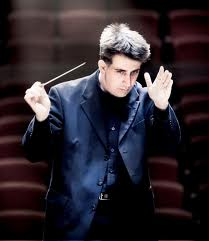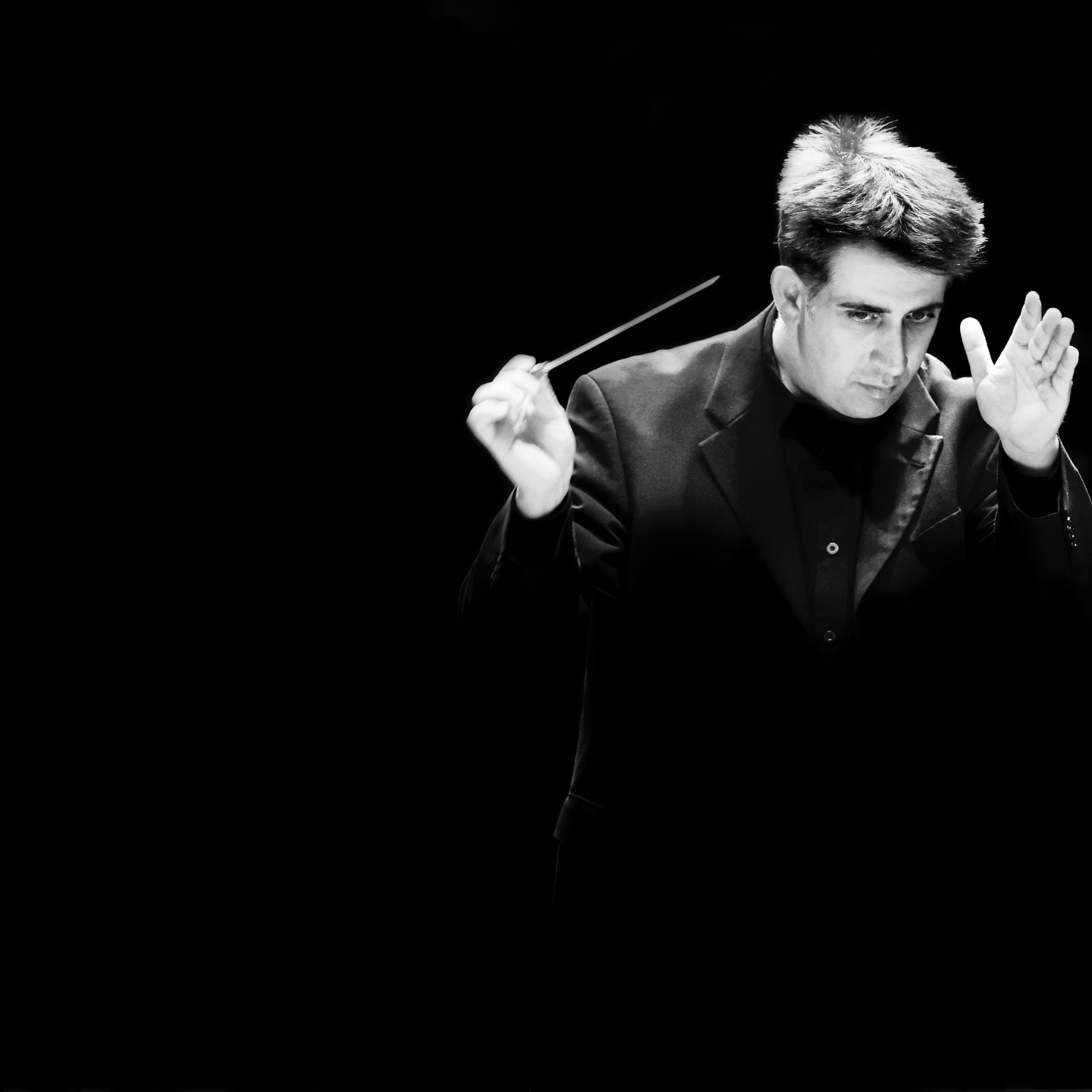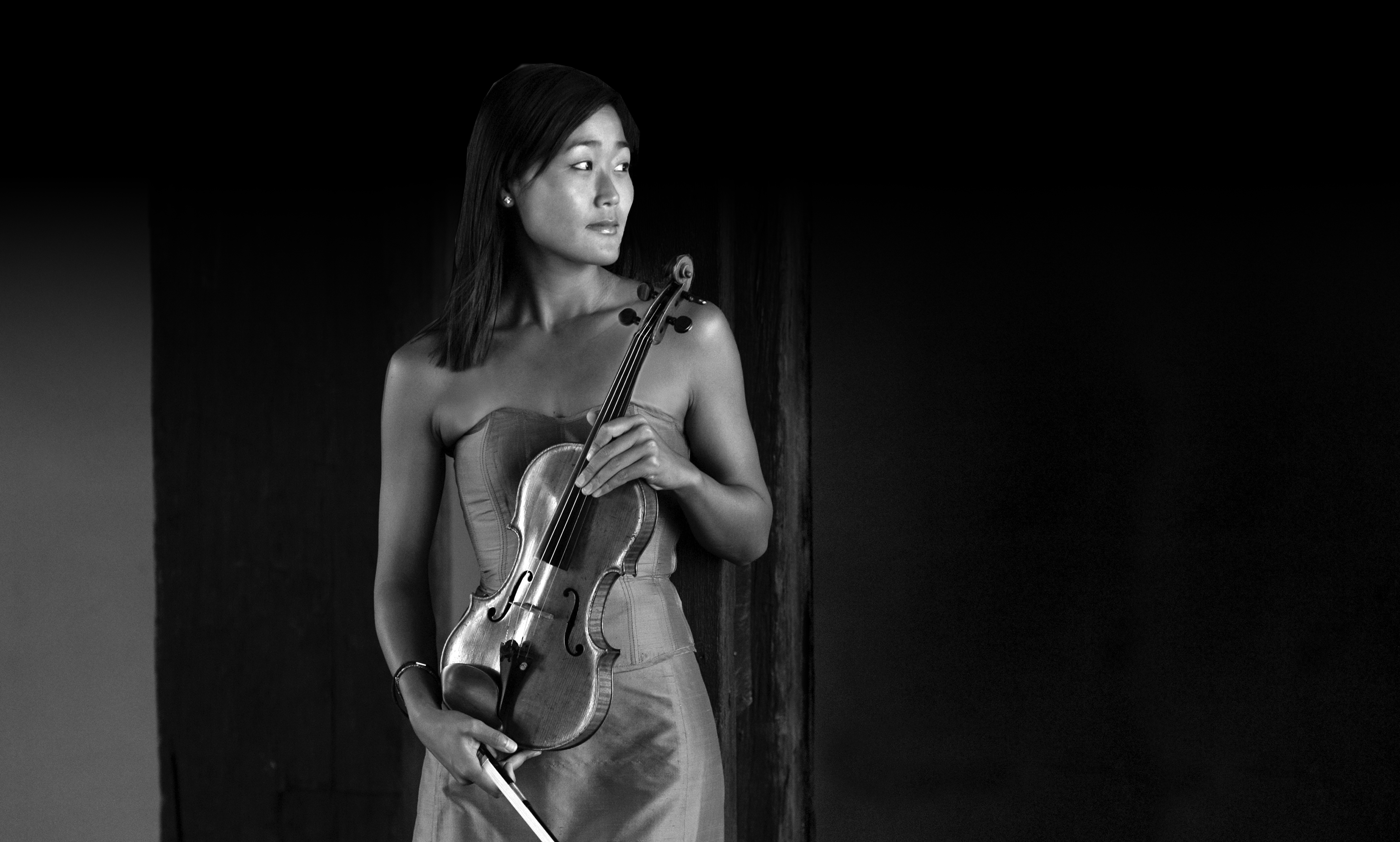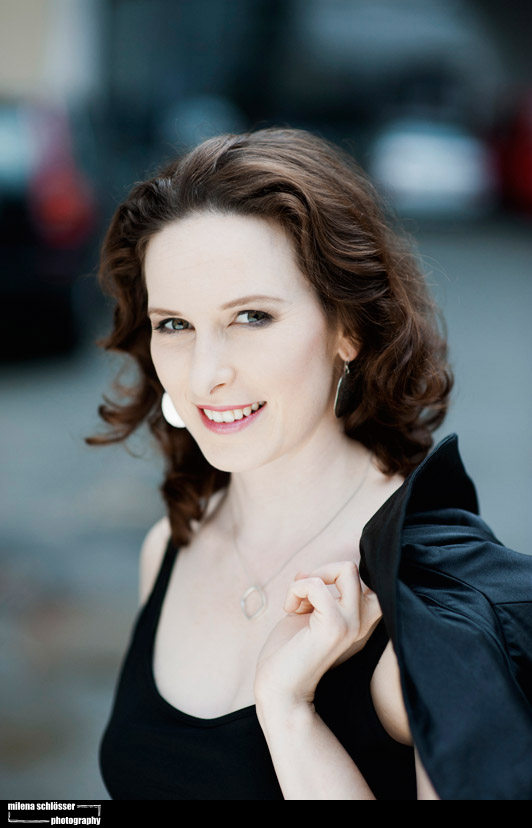Dr Nicholas Milton on conducting Europe and ten years with the Willoughby Symphony Orchestra
 Conductor Dr Nicholas Milton this year celebrates 10 years at the helm of the Willoughby Symphony Orchestra. He recently returned to Sydney after a stint in Europe. He talks, in his own words about his experiences in Europe. First, SoundsLikeSydney asked him what changes he had observed in the WSo over the past yen years.
Conductor Dr Nicholas Milton this year celebrates 10 years at the helm of the Willoughby Symphony Orchestra. He recently returned to Sydney after a stint in Europe. He talks, in his own words about his experiences in Europe. First, SoundsLikeSydney asked him what changes he had observed in the WSo over the past yen years.
“I am really thrilled and honoured to be part of the Willoughby Symphony Orchestra family. This is an ensemble that consistently inspires me. The energy, dedication and passion of our musicians and our tiny management team are absolutely electrifying. Over these past ten years it has been a real privilege to have been part of many scintillating performance experiences.
There is a wonderful sense of community at our performances, a real spirit of ownership and shared joy in the music-making. The musicians inspire me with their full-blooded engagement and absolute love of the music that we perform – and the audience responds to that quite directly. It is this shared spirit of humanity and artistic adventure that makes my work with the WSOC such a rewarding aspect of my musical life.
As the Willoughby Symphony Orchestra and Choir moves into its extraordinary new concert hall in 2012, I think it is time to reflect on what we as a community-based ensemble contribute to our society. Over ten years, I have seen our orchestra and our organisation develop into a close-knit family that brings the community together. Our wonderfully experienced players mentor emerging professionals and our audiences respond with moving emotion to the energy they witness during our performances.
Over the several years that we have worked with 2MBS on the WSOC/2MBS Young Composer’s Competition, I have workshopped and conducted the orchestra, in rehearsal and in concert, over a dozen newly composed orchestral creations by young composers. I have seen how an hour at a rehearsal with the orchestra sightreading their work is equivalent to about a year’s worth of composition lectures. Nothing can compare to that sort of experience for a young composer.
Our community-based orchestra has brought the Chinese community in Chatswood together with a number of extraordinary initiatives, including performances with visiting Chinese artists at the Opera House. Also, I have worked on many programs with our spectacularly engaged choir, many of whom have sung with us for decades. Everything we do has a particular community shading – a very specific feel and an intimacy that is apparent in our performances.
In the years before our old home was torn down to make way for our beautiful new community centre, the orchestra was riding a wave of popularity and we had reached the best ticket sales in our history. Without a fixed venue for the last few years, we now have the pleasure of enticing people back to the orchestra in its new concert hall at the Concourse. Our future is bright and I have so many plans for the orchestra that we would need another conversation to discuss them in depth.
Our 2012 programme has already been formulated and include sensational masterworks that will thrill and entertain. Ahead of us in 2011, I am looking forward in particular, to our opening concerts in the new venue, featuring the brilliant Ukrainian-Australian pianist Alexey Yemtsov performing Tchaikovsky’s Piano Concerto, No 1 and the massed choir and orchestra in performances of Beethoven’s epic Ninth Symphony”.
On his experiences overseas:
“I have just completed a busy European season that started in Berlin where I debuted with the Konzerthaus Orchestra, followed by programmess with the London Philharmonic, the North German Radio Orchestra (Hanover), the Bruckner Orchestra (Linz), the South West German Radio Orchestra in Saarbrücken, a tour of Holland with the Brabants Orkest, productions of Carmen in Vienna and The Girl of the Golden West in Innsbruck.
I don’t have much time to be a violinist anymore. I was Concertmaster with the Adelaide Symphony (1996 – 2002) and had eight wonderful years with the Macquarie Trio from 1998. During that time, I was already conducting in Europe, as Principal Guest conductor of the Zagreb Philharmonic and Chief Conductor of the Dubrovnik Symphony Orchestra.
In September 2004 I I was appointed General Music Director of the Jenaer Philharmonie, and although I continued with the trio for a couple of years, I could not really afford the time anymore. However, my experiences as a violinist, Concertmaster and chamber musician were invaluable and essential to my work as a conductor.
Most serious conductors prepare their own bowings for the entire string sections. This has an enormous effect on the quality of the rehearsals and the musical results. I take this aspect of conducting very seriously. A well known conductor claimed that over 70 per cent of what he said in rehearsal was addressed to the string section. This is where a great deal of sound formation begins. Because of my first hand knowledge of string techniques, I can quickly transform the sound of an orchestra, initially through the string section, and later the whole orchestra can approach the sound I am trying to inspire.
No matter how good the orchestra, (and I have worked with some truly great ensembles), the Concertmaster cannot be expected to see everything that is happening in the entire section. Where there are a number of acceptable and equally valid technical approaches to a particular passage, it is much easier if the conductor knows which one he or she wants.
I have always loved opera, and a conducting career in Europe is impossible without being competent in opera. I had some wonderful experiences when I worked (as a violinist) with the Adelaide Symphony Orchestra; playing in the Ring Cycle in 1998. Parsifal in 2001 was especially memorable. I made my Australian opera debut with Don Giovanni for Opera Queensland in 2003.
Opera is always challenging and wonderfully varied. In the German opera house system, conductors are often expected to step in and conduct an opera without any rehearsal whatsoever. I started working regularly as a conductor in Germany in 2004 and it has taken me years to work up to the better orchestras. That has been a fascinating process in itself, and now I enjoy good relationships with many top orchestras.
As an opera conductor, the speed with which the engagements have led to bigger and more substantial houses is very different. My first European engagement in this genre was in Don Giovanni at the Leipzig Opera with the Gewandhaus orchestra. I have also very much enjoyed working in Austria, and have had the pleasure of conducting in Innsbruck and Vienna where conducting Die Fledermaus was to date the most thrilling experience of my life as an opera conductor – the orchestra was so intuitive, all I needed to do was to think of something and they reacted. Die Fledermaus is an opera that belongs to that city and the orchestra there has a responsibility to the traditions of that work – it was a privilege to have been involved. Next season, I will make opera debuts in Berlin and Munich, returning to Vienna for a new production of La Traviata and performances of The Magic Flute. It has been a roller coaster, but I love the thrill of the theatre – not knowing what is going to happen.
I conducted Carmen in Mainz at the end of December, during one of the coldest German winters on record. The singers were dropping like flies, and we had replacement artistes coming from all over. We were performing the version of Carmen with recitative, which was completely new to one of the singers. Two hours before the performance, I was rehearsing the recitatives with her. During all of this, the director’s assistant was talking her through the staging and she was being fitted for her costume. Pure adrenalin! Holding a performance together through such circumstances is really exciting! “
See our feature on the upcoming concert by the Willoughby Symphony Orchestr and Chorus, conducted by Dr Nicholas Milton “WSO performs Lobgesang…”





